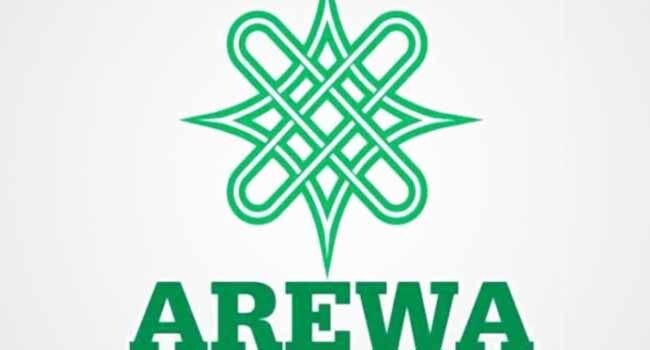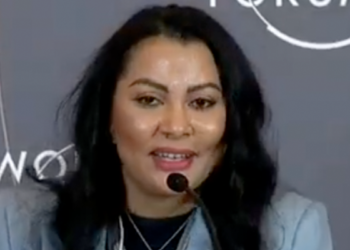The Arewa Consultative Forum (ACF) has recommended the retention of the 7.5% rate of Value added Tax (VAT) in the Tax Reforms Bills.
ACF’s submission was contained in a comprehensive set of observations and recommendations to the National Assembly on the Executive Tax Reforms Bills, meant to achieve a sweeping overhaul of Nigeria’s tax laws.
The group’s actions were the outcome of a special purpose committee of experts set up by its board of trustees which studied the bills for appropriate recommendations
In the report signed by its National Publicity Secretary Tukur Muhammad-Baba, ACF said the retention of the 7.5% rate of Value added Tax (VAT) is in line with the reality of current economic challenges facing citizens and businesses.
It also called for Improving the efficiency of (VAT) collection, improvements to revenue collection through the formalisation of the informal sectors and the use of digital technologies, as well as the vigorous expansion of Nigeria’s tax base through encouraging private sector investments.
The Forum further recommended that VAT on agricultural equipment should be expunged; and the words “supply and supplies” in Chapter 6 (VAT), Part 1, Sections 143, 144, 145, and 147 of the Tax Administration Bill should be changed to “consumption or consumptions”.
Also, the Forum wants the term “derivation” to be clearly and unambiguously defined, while its distribution should be based on consensus reached through consultation with states and local governments as well as the advice of the Revenue Mobilisation and Fiscal Commission (RMFC).
Furthermore, the northern group called for the drastic reduction of the powers of the Chief Executive Officer and Chairman of the Board of Directors/Governance of the Joint Revenue Board, noting that the proposed provisions amount to attributing and concentrating almost absolute powers of supervision and accountability to a single person.
The Forum also called for the replacement of the eight proposed coordinating directors with six executive directors from each geographical zone, while the executive directors must be nominated by the president and confirmed by the Senate.
Further recommendations by the ACF included the retention of TETFUND and NITD through re-couching Section 69 of the proposed Nigeria Tax Bill as Development Levy, which should be shared with TETFUND, NITDA, NASENI, and the Education Loan Fund.
It however encouraged all concerned stakeholders to engage and make submissions to the relevant National Assembly (Senate and House of Representatives) Committees undertaking public hearings on the proposed tax bills.
“Every interest group is encouraged to take the public hearings seriously enough as to contribute to the emergence of robust laws that will stand the test of time and in the national interest”.











